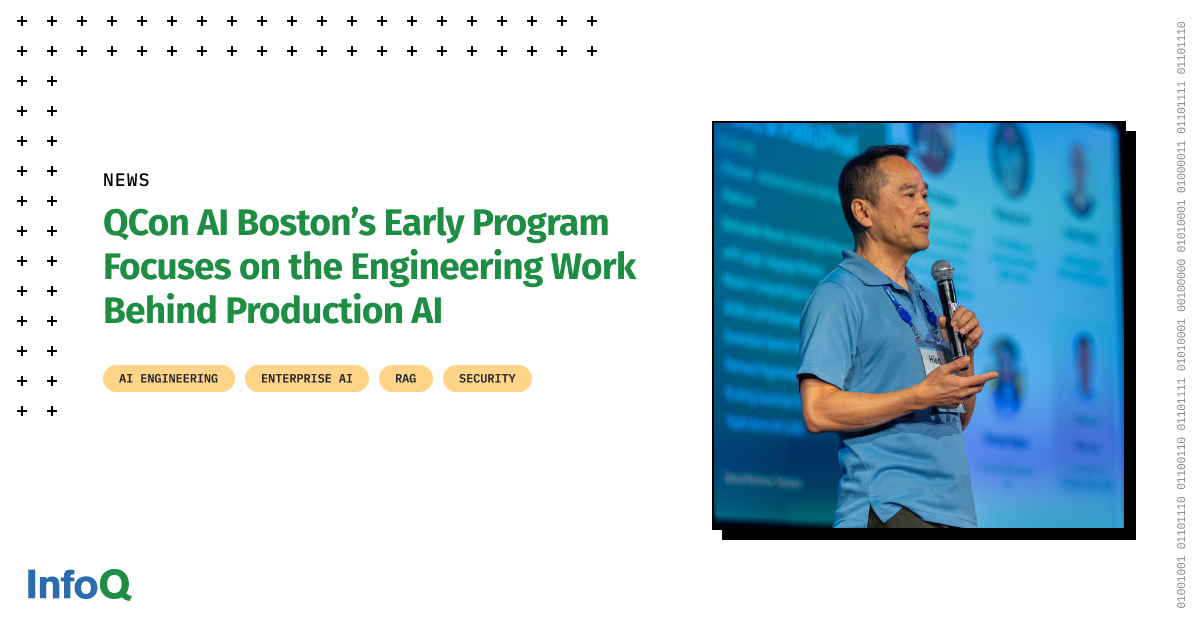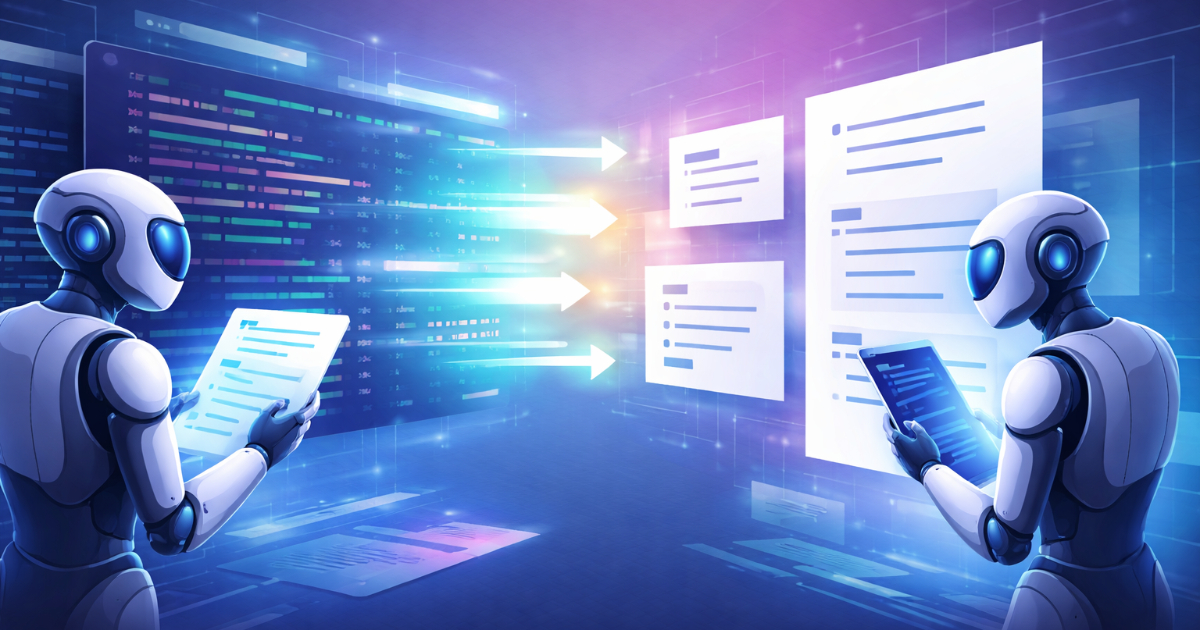Codetown
Codetown ::: a software developer's community
Freelancing - You Better Believe I'm Multi-Lingual!
There's a new book out called Programming F#
Well, here's what you get when you become multi-lingual: you get more work! Are you a freelancer? Are you a little depressed with the state of the market these days? Does it blow? I can think of several similar adjectives to describe the state of affairs with opt-in work. What do I mean by opt-in? That's stuff that in-house staff can do without sacrificing year-end bonuses, holiday parties and perks to outside contractors. Given the choice, what would you do?
On the other hand, how's your Python? Check out the jobs here on the Python dot org jobs list. Ruby-ista? Do these make you feel better? And, Java dudes have some options these days, too. That's just a few languages, not to mention the .Net suite and a host of others.
Does that make you happier? How about if you're not a freelancer. You're in-house staff. You say, what's learning a new language going to do for me? Well, different languages have unique features. Pythonistas say "Life's better without braces" Ever hear that? Wonder what they're talking about?
All this stuff about functional languages is interesting. Now, Microsoft has come out with F#. What's the big deal about functional languages? One way to find out is to see some code. It truly broadens your horizons to learn new tricks. And, if you think your role is dull, try spicing it up with a new language that might cooperate with what you're running now.
Comments?
Tags:
Replies to This Discussion
Notes
Welcome to Codetown!
 Codetown is a social network. It's got blogs, forums, groups, personal pages and more! You might think of Codetown as a funky camper van with lots of compartments for your stuff and a great multimedia system, too! Best of all, Codetown has room for all of your friends.
Codetown is a social network. It's got blogs, forums, groups, personal pages and more! You might think of Codetown as a funky camper van with lots of compartments for your stuff and a great multimedia system, too! Best of all, Codetown has room for all of your friends.
Created by Michael Levin Dec 18, 2008 at 6:56pm. Last updated by Michael Levin May 4, 2018.
Looking for Jobs or Staff?
Check out the Codetown Jobs group.
InfoQ Reading List
Decentralizing Architectural Decisions with the Architecture Advice Process

Our system architectures have changed as technology and development practices have evolved, but the way we practice architecture hasn’t kept up. According to Andrew Harmel-Law, architecture needs to be decentralized, similar to how we have decentralized our systems. The alternative to having an architect take and communicate decisions is to “let anyone make the decisions” using the advice process.
By Ben LindersQCon AI Boston’s Early Program Focuses on the Engineering Work Behind Production AI

As teams move AI from pilots to production, the hard problems shift from demos to dependability. The first confirmed talks for QCon AI Boston (June 1–2) focus on context engineering, agent explainability, reasoning beyond basic RAG, evaluation, governance, and platform infrastructure needed to run AI reliably under real-world constraints.
By Artenisa ChatziouGitHub Data Shows AI Tools Creating "Convenience Loops" That Reshape Developer Language Choices

GitHub’s Octoverse 2025 report reveals a "convenience loop" where AI coding assistants drive language choice. TypeScript’s 66% surge to the #1 spot highlights a shift toward static typing, as types provide essential guardrails for LLMs. While Python leads in AI research, the industry is consolidating around stacks that minimize AI friction, creating a barrier for new, niche languages.
By Steef-Jan WiggersCloudflare Debuts Markdown for Agents and Content Signals to Guide AI Crawlers

Cloudflare has introduced “Markdown for Agents,” a feature that lets AI crawlers request Markdown versions of web pages. The company pairs the feature with a proposed “Content Signals” mechanism that lets publishers declare whether their content may be used for AI training, search indexing or inference.
By Matt FosterPresentation: What I Wish I Knew When I Started with Green IT

Ludi Akue discusses how the tech sector’s rising emissions impact our global climate goals. Drawing from her experience as a CTO, she explains seven key lessons for implementing Green IT. She shares insights on LCA assessments, the paradox of microservices, and why FinOps doesn’t always equal green.
By Ludi Akue
© 2026 Created by Michael Levin.
Powered by
![]()